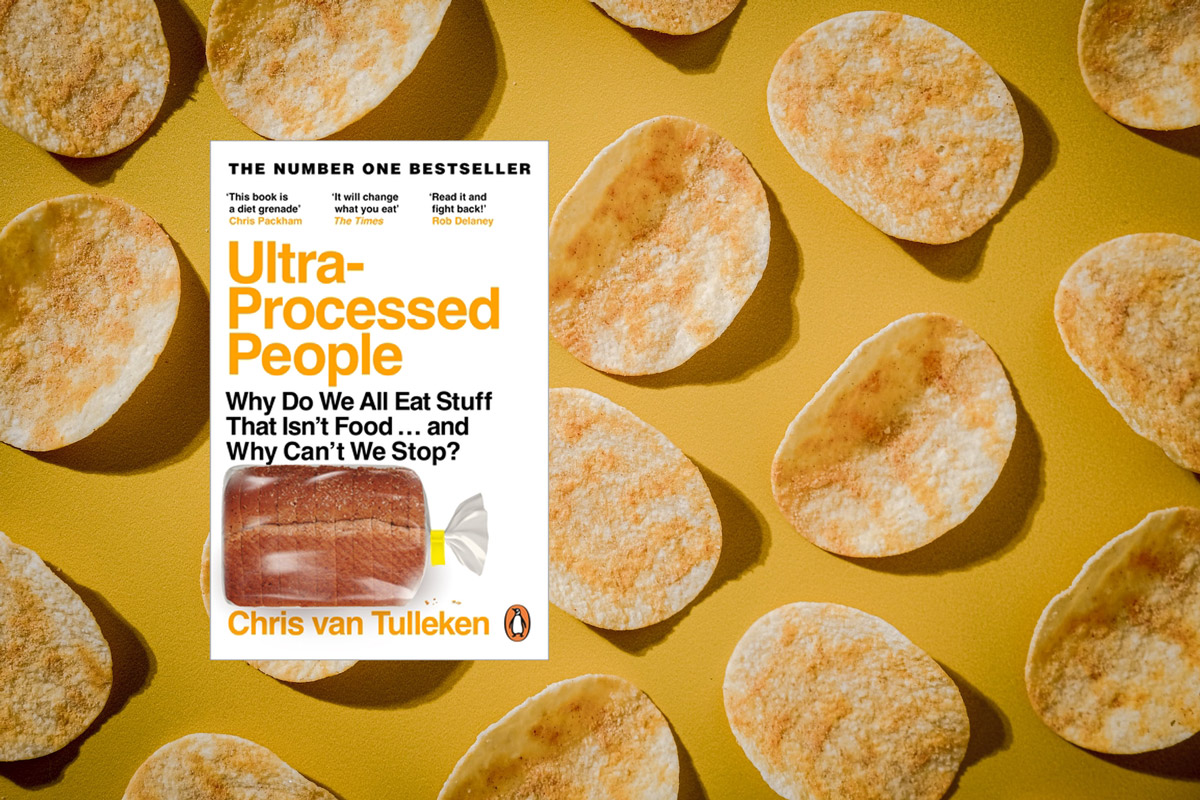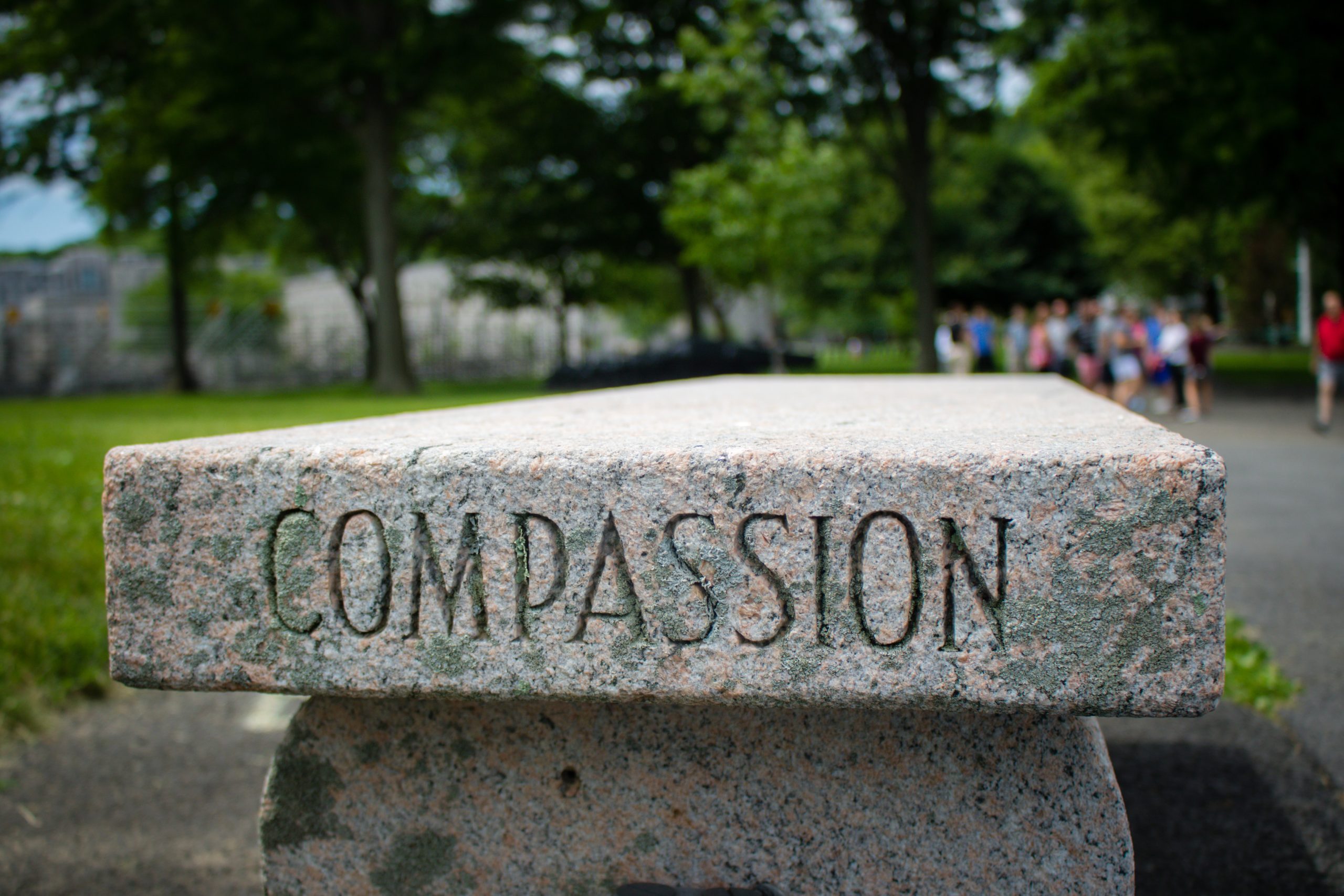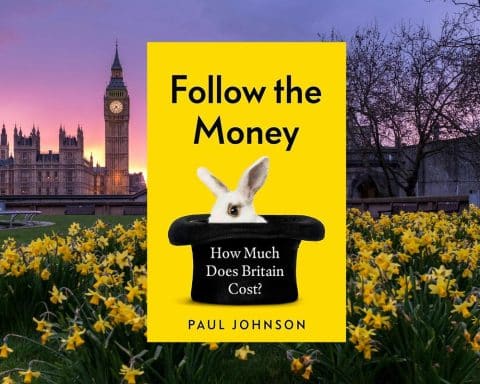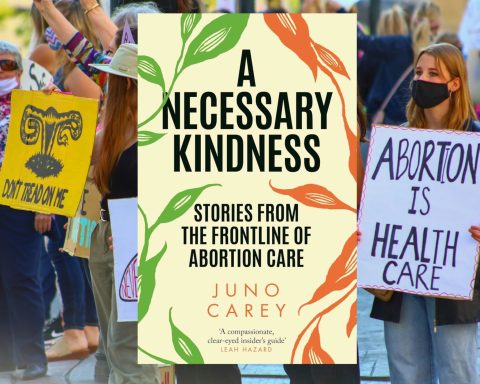Hana MO Elhassan is a London-based registrar.
Owing to its ubiquitous nature, GPs are well versed with obesity’s plentiful medical complications. Chris van Tulleken, infectious diseases doctor and TV personality, has written Ultra-Processed People. Why Do We All Eat Stuff That Isn’t Food … and Why Can’t We Stop?, a book exploring what he deems to be some of the underlying contributors to obesity’s global proliferation.
The book focuses on the idea of ‘ultra-processed food’ (UPF), a term with a lengthy formal scientific definition, deriving from a classification system that groups foods according to the extent and purpose of processing. Van Tulleken condenses UPF more simply: if an ingredient on a food packet isn’t one you would normally find in a home kitchen, it’s a UPF. While humans have been processing food for millennia, the main driver behind modern UPF according to the classification system, is to maximise profit. Foods consisting of very low-cost ingredients are ‘specifically engineered to drive excess consumption’.
“… if an ingredient on a food packet isn’t one you would normally find in a home kitchen, it’s a UPF [ultra-processed food].”
The proliferation of UPF, van Tulleken argues, is a key explanation for the rapid global increase in obesity since the 1980s. Alongside this historical and economic contextualisation, a walkthrough of scientific literature is provided, helping readers to fully appreciate the additives, emulsifiers, and stabilisers in their food.
Accordingly, van Tulleken destigmatises obesity. By arguing that UPF is engineered to drive overconsumption and takes advantage of biological levers hardwired into us, willpower and exercise alone aren’t always enough to prevent obesity. Blame is thus shifted from the individual to a broader obesogenic environment.
In all this, what remains is that UPF is not a new ingredient or foodstuff; it’s arguably a new, broader labelling of what many are traditionally familiar with as ‘junk food’. While much of the messaging may be familiar to doctors, reading the evidence compiled is sobering. Given UPF’s widespread prevalence, coupled with its entanglement with industry’s profit motive, there does not appear to be an easy solution in sight.
What is less thoroughly explored, however, is the fact that regularly cooking meals from scratch (probably the best way to avoid UPFs) requires some level of skill, and fresh ingredients are generally more expensive than the frequently on offer, easy-to-prepare UPFs. Both these factors are central to the excessive consumption of UPF in many households.
Featured book: Chris van Tulleken, Ultra-processed people: why do we all eat stuff that isn’t food … and why can’t we stop?, Penguin, 2024, PB, 384pp, £10.99, 978-1529160222
Featured photo by Jeff Siepman on Unsplash.








